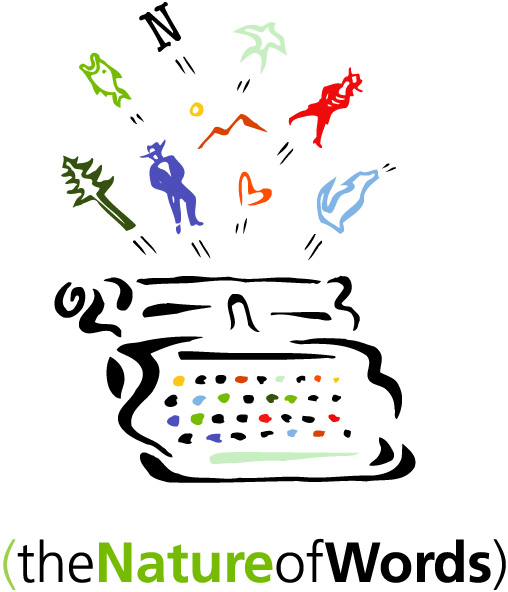There’s a myth that says only fictional writing needs to be creative. This implies that any other sort of writing, i.e. non-fiction, can be as dull as dishwater and that’s fine. To this I have only one response. Rubbish! Your non-fiction may actually require more creativity on your part to become a readable item than any short story or a play. After all, you usually get to choose the plot and characters in a story. In factual writing, you’re stuck with what is handed to you and sometimes, you need a lot of creative talent to make the subject something anyone would want to read. For more creative writing, just follow these simple steps.
First, no matter how dull the subject matter, find an aspect or angle on it that holds a glimmer of interest. If there is no such angle, and the subject is the equivalent of watching paint dry, then try changing your angle. Write from a tongue-in-cheek, semi-humorous perspective or from an expert’s opinion. Perhaps you can add in some comments about a related subject that is not so dull. Be creative in your creative writing approach.
Secondly, you need to liven up your verbiage. Dump those passive sentences and the usual trite adjectives and adverbs. Dull subjects require interesting wording. Instead of discussing “paint drying on a wall”, try describing “the transition from dark liquid red to a soft russet hue as the paint is absorbed by the drywall”. It’s the same thing, but it sounds more interesting in the second example.
Step three is a reminder. Do not let yourself get so bogged down in this subject that you stop caring what sort of work you turn out. All writing that is going to either be viewed or published and has been written by you affects the overall perception of your work by others, including potential employers. So, dig deep and find a way to make the drying paint into a verdant change in wall color. It can be done, but it will take more time, more effort and more determination.
Finding the angle, either on the subject or for your take on that subject, is a start. Follow that up with lively, interesting phrases that makes the boring more boisterous and, lastly, don’t indulge in writer’s pity. Instead, when you’re handed a plate of boring subjects about which you are to write, celebrate it as a challenge and embrace it as such. Your work will benefit, as will your reputation.
Words generate thoughts. Thoughts generate ideas. Ideas generate actions. The right words, therefore, can generate thoughts about your product line. The right thoughts, induced by these words, can give someone an idea about shopping your site for those products. The right idea will send them to yours site where they will, hopefully, take the right action and buy. It all begins, however, with the words. Successfully marketing your business with words is critical for the survival of companies whose primary source of business is the Internet.
Perhaps you have a site where you sell old books, vintage and rare collectors sorts of books. You need to generate interest in your site, so you submit an article or entry to a popular on-line blog dedicated to the collector of antique books. If you word your article correctly, you’ll be able to draw readers from the blog to your site by generating those thoughts, ideas and actions that turn readers into shoppers. Whether you are subtle and simply settle for SEO content to pull them in through search engines, or you are able to lace the article with hyperlinks that will connect them directly to your site, these words are key to generating site traffic and, ultimately, sales.
Finding the right words, however, can be hard. That’s why there are so many on-line writing companies with professional writers ready to help. Securing their services can ensure you have the right words in your next creative writing task to start the word to action process moving in your favor.

